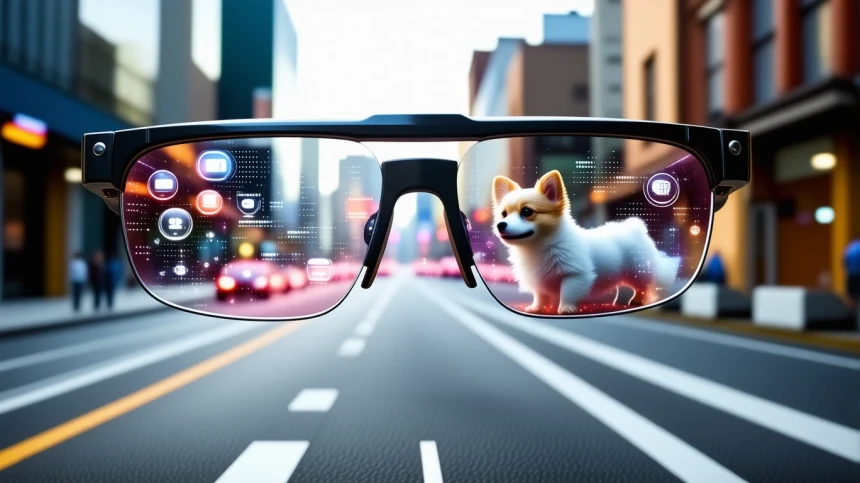Google’s Project Astra: The AI That Could Revolutionize Smart Glasses and Beyond
Discover how Google’s Project Astra is pushing the boundaries of AI in smart glasses, offering real-world understanding and creative world-building capabilities.

Alright, fam, let’s dive into the future with Google’s Project Astra, because this is not just another tech update—it’s a game-changer. Imagine slipping on a pair of smart glasses that don’t just look cool but are packed with an AI that’s basically your personal Sherlock Holmes. That’s Astra for you, and it’s blowing minds left and right.
First off, Astra isn’t your average AI assistant. It’s like having a buddy who’s always paying attention, processing everything around you in real-time. During a demo with 60 Minutes, Astra didn’t just recognize a painting; it read the room, literally. It picked up on the mood of Edward Hopper’s “Automat” and spun a whole story about the woman in the painting. That’s next-level, y’all.
But here’s the kicker: Astra’s understanding of the physical world is advancing faster than even the engineers at Google DeepMind expected. It can identify places, like Coal Drops Yard in King’s Cross, and give you the backstory without skipping a beat. And it’s not just about recognizing objects—it’s about understanding emotions and context. That’s huge for making AI more relatable and useful in our daily lives.
Now, let’s talk about the creative side because Astra isn’t just observing; it’s creating. DeepMind’s Veo 2 can generate photorealistic images and videos, like a flying dog with flapping wings. And with Genie 2, Astra can take a still image and turn it into an explorable world. Imagine looking at a photo of a waterfall through your glasses and suddenly being able to walk around it like it’s a video game level. Mind. Blown.
Google is pushing hard to get Astra into our hands (or onto our faces) ASAP. They’ve already made some Gemini features free for all Android users, which is a smart move to gather more data and feedback. And the hardware? Sleek micro-LED displays and directional speakers make these glasses a far cry from the clunky Google Glass of yesteryear.
Of course, there are questions about privacy, battery life, and whether society’s ready for everyone to be walking around with AI-powered glasses. But if Google can nail the ethics and style, 2025 might just be the year smart glasses go mainstream. Stay tuned, because the future is looking bright—and smart.
